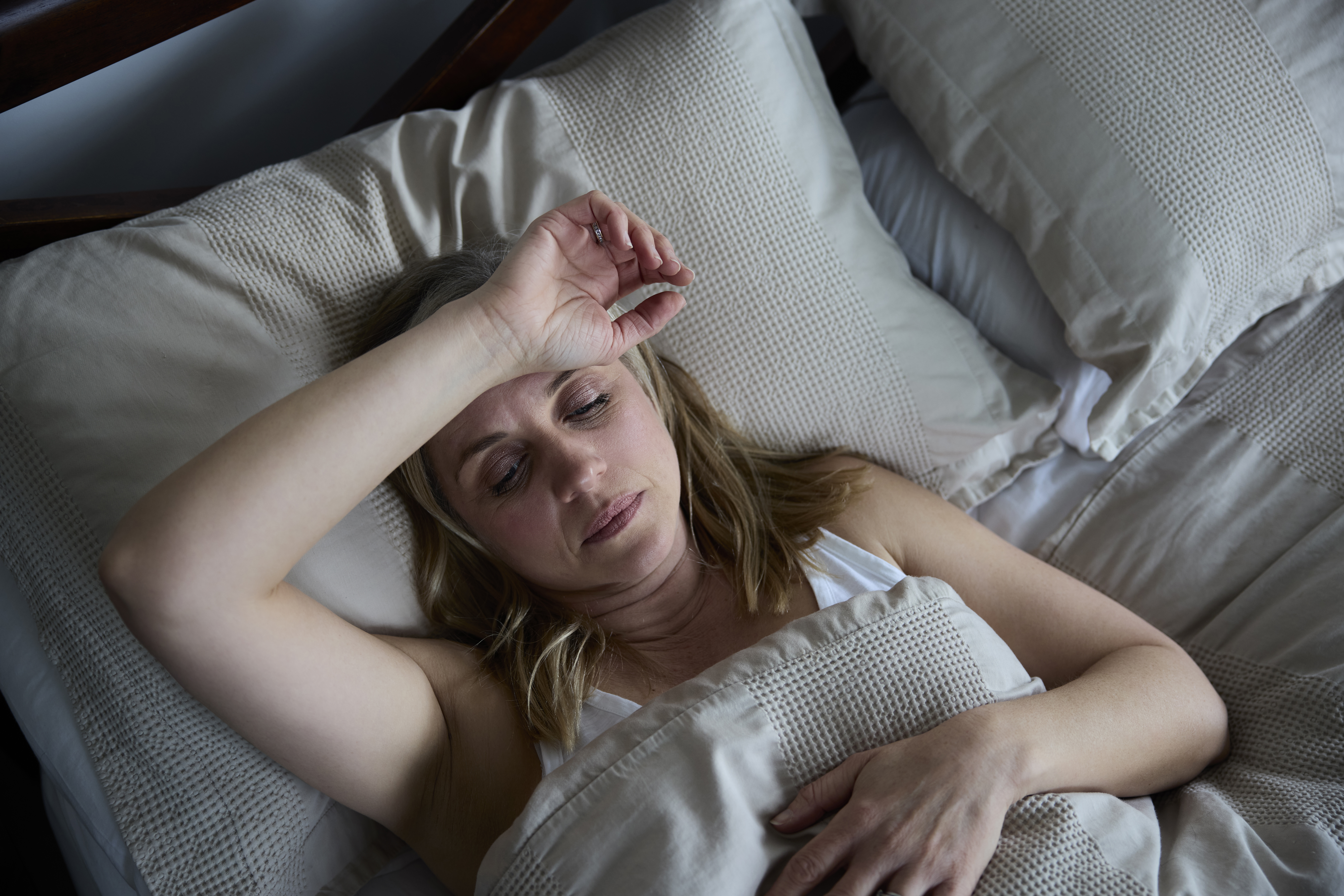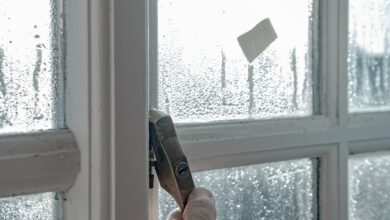How to sleep during this week’s heatwave – and you need to take action now


The past few months have seen warmer summer days in the UK feel like a distant dream, so this week’s forecast of a mini heatwave will come as a welcome relief to many.
But while the warmer weather offers the opportunity to laze in the garden, eat outside or go for a swim, it can become a nightmare when it comes to bedtime.
Thomas Høegh Reisenhus, TEMPUR sleep expert and sleep consultant, says: “The ideal sleeping environment is cool – around 18°C – quiet and dark.
“This cave-like environment stimulates increased levels of melatonin, a sleep hormone that plays a key role in regulating the natural sleep-wake cycle.
“British homes are not typically designed to regulate heat. When the outside temperature rises, it can be a challenge to regulate the climate indoors.
“A bedroom that is too warm can make it very difficult to fall asleep and sleep through the night.
Read more about the heat wave
“Sleep provides our bodies with the opportunity to rest, recover and recharge, so it is essential that we minimise the risk of poor sleep, both in terms of quantity and quality.”
Read on for Thomas’ guide to ensuring a good night’s sleep during a heatwave…
Daytime bedroom adjustments
The best place to start is with your sleeping environment: make sure your bedroom is cool, dark, and quiet.
To keep your bedroom cool in the evening, it’s best to keep your curtains or blinds closed during the hours when the sun is shining, especially if the room faces the sun.
This limits the amount of light and heat that enters during the day.
Wind through the night
If it gets warm in your bedroom in the evening, you can open the windows to let the cooler night air into the room.
To optimize airflow during the night, create a cross breeze by opening your bedroom window and other windows on the same floor, and opening doors. This will ensure that cooler air flows through all rooms and removes the warm air that has built up during the day.
When the natural elements don’t provide the desired relief from the heat, a strategically placed electric fan can provide a pleasant, constant, cooling breeze.
There are several ultra-quiet models available today, although some find the humming sound soothing as they help them fall asleep. For a super-charged dose of cooling, place a bowl of ice-cold water in front of your fan to circulate cooler air throughout your bedroom.
Material matters
When it comes to sleeping well in the summer, it’s important to consider both your mattress and bedding. Choose options that help regulate body temperature and sleep climate.
And don’t forget the choice of your duvet.
With a duvet with a lower TOG value or a temperature-regulating duvet, you can ensure that your bedroom is optimally suited to your sleeping needs in the summer, when temperatures start to rise.
If you’re still having trouble staying cool, consider replacing the duvet with a sheet altogether.
This – and any other bedding and pajamas – should be made from natural and breathable materials.
Consider cotton, bamboo or linen to further reduce the risk of overheating.
For the ultimate cooling sleepwear, consider placing your pajamas in a tightly sealed bag in the refrigerator or freezer for about an hour before getting dressed for bed.
If you still find yourself waking up feeling hot and restless, consider sleeping naked. This can help your core temperature cool down more quickly.
Cooling down with a sleep separation
If you share a bed with a partner, you are more likely to get too warm at night. In addition, your body heat contributes to the warmth of your sleeping environment.
In fact, if your partner also has trouble sleeping in the summer heat, chances are you’re keeping each other awake by tossing, turning and flapping the duvet!
Separate duvets can be an easy solution, as they can better regulate the temperature for each bed partner, allowing them to choose the TOG rating that suits them best.
If you’re still feeling hot or having trouble falling asleep with your partner during the warmer months, consider trying out a “sleep divorce.” This is where couples choose to sleep in separate bedrooms, which makes for a better night’s sleep (and a more harmonious daytime relationship!).
Stay hydrated
Staying hydrated is essential for your body to function effectively, and sleep is no exception.
Dehydration in hot weather can cause headaches and dry mouth. It can also prevent your body from staying cool at night. This can cause you to wake up feeling hot and uncomfortable in the morning, which can negatively impact the quality of your sleep.
As temperatures rise, your body needs more water, so it’s extra important to make sure you drink enough to stay hydrated both during the day and at night.
It is thought that the average person needs about seven glasses a day. However, if you are particularly active or the weather is particularly hot, it is advisable to drink more.
Remember that water isn’t the only way to hydrate your body. Tea, coconut water, and some low-fat milks count, too. Water-rich foods like cucumber, watermelon, and tomatoes can also help hydrate your body.
Make sure you have a glass of water on hand before going to bed so that you can get quick relief if you wake up feeling thirsty.
But be careful about drinking too much water before bed or during the night, as this can also cause you to wake up more often and need to go to the toilet quickly.
Eat lighter
Our appetites change as the weather warms up, so we’re probably eating smaller, lighter meals in the evening anyway. But if you’re having trouble sleeping, it’s a good idea to watch what you eat later in the day.
Avoid spicy, heavy, fatty meals or proteins with a lot of saturated fats. Our body uses more energy to digest large, rich or heavy meals, which in turn produces more metabolic heat.
Cooling down before going to bed
A clammy, sticky feeling is guaranteed to make you feel uncomfortable in bed. So take a cold shower before going to bed and leave your hair damp so you stay cool longer.





